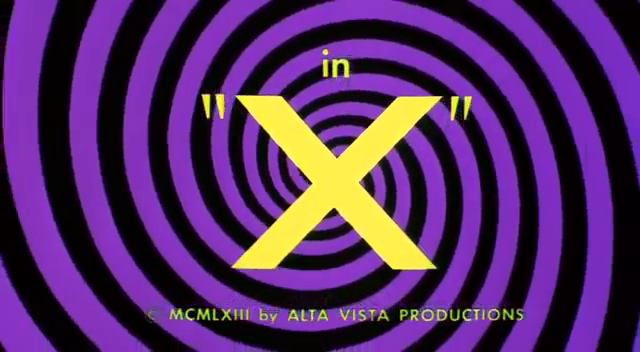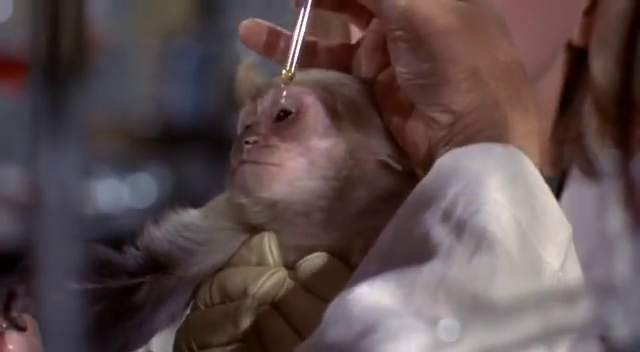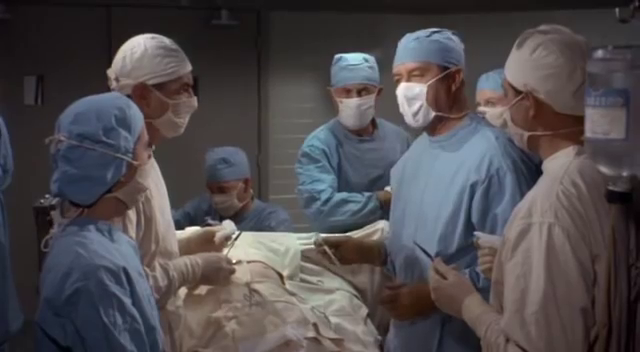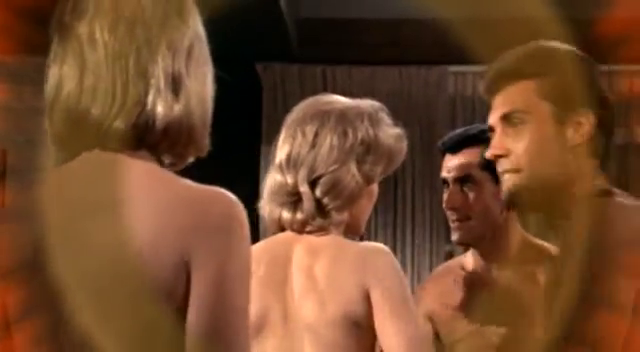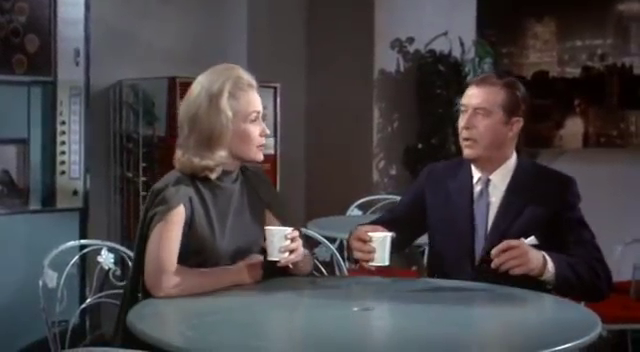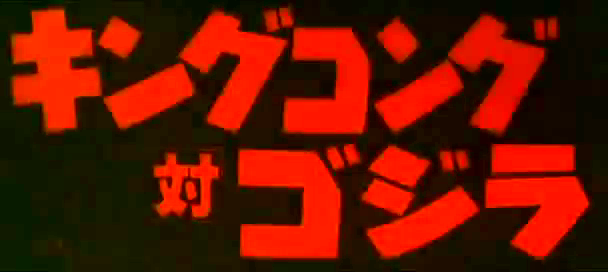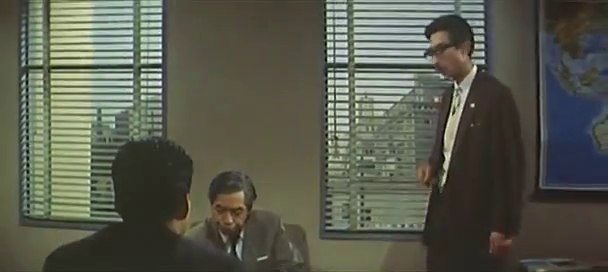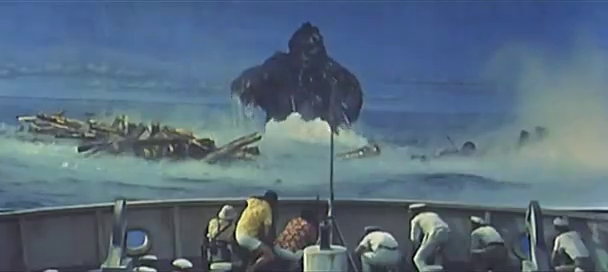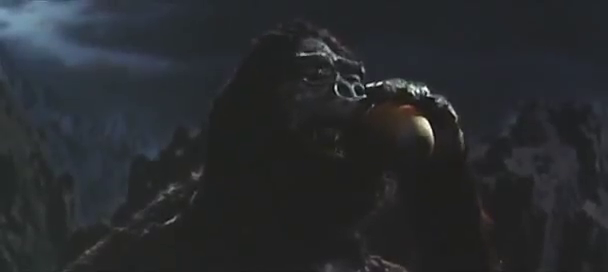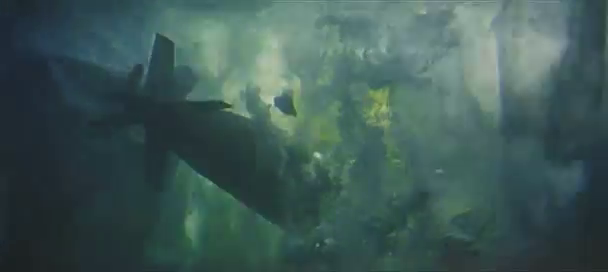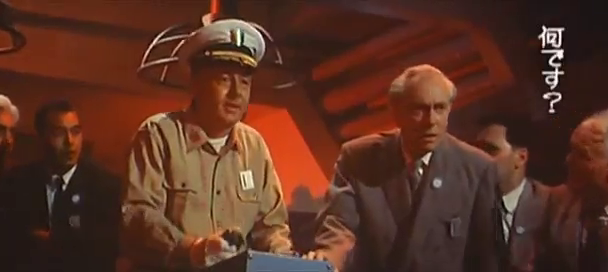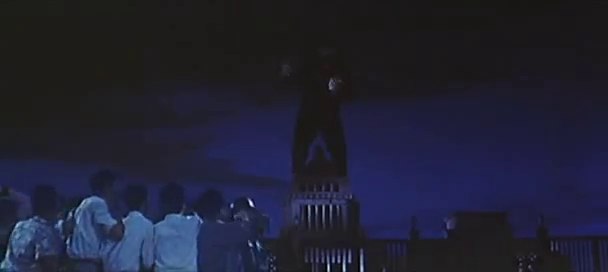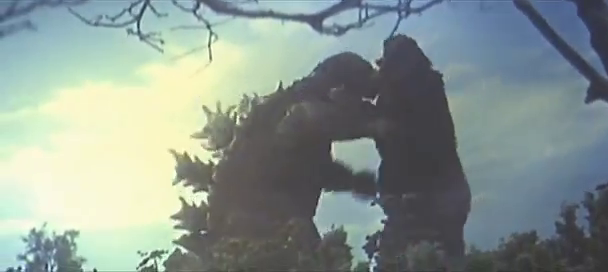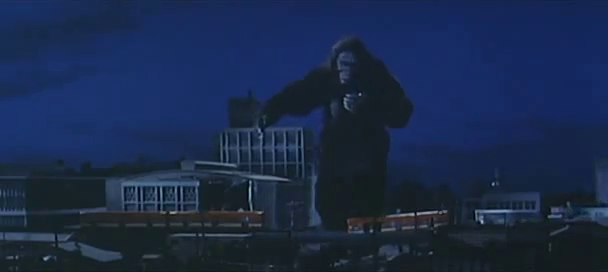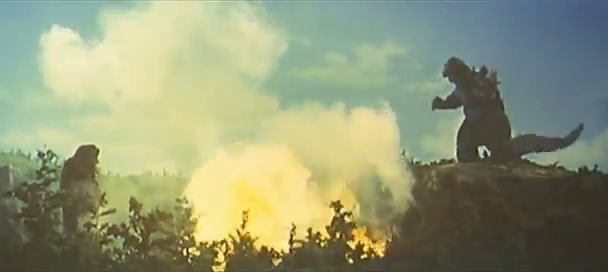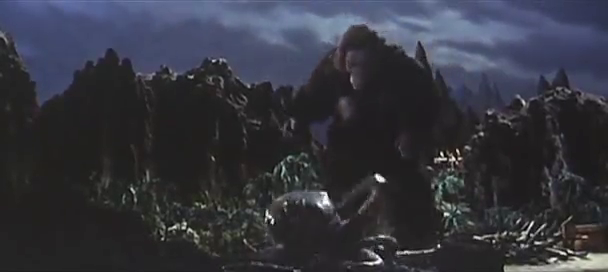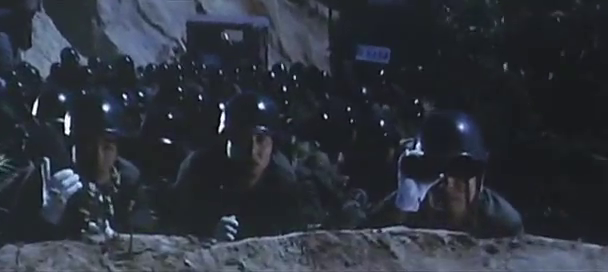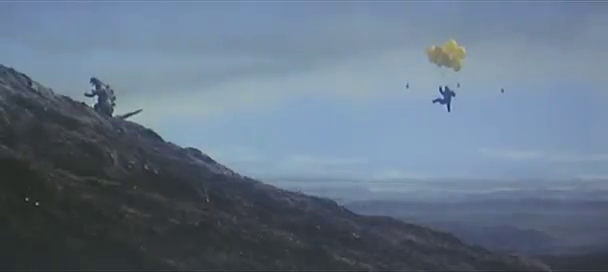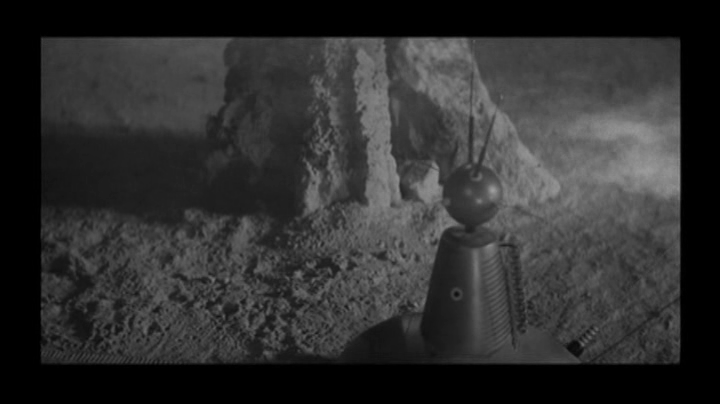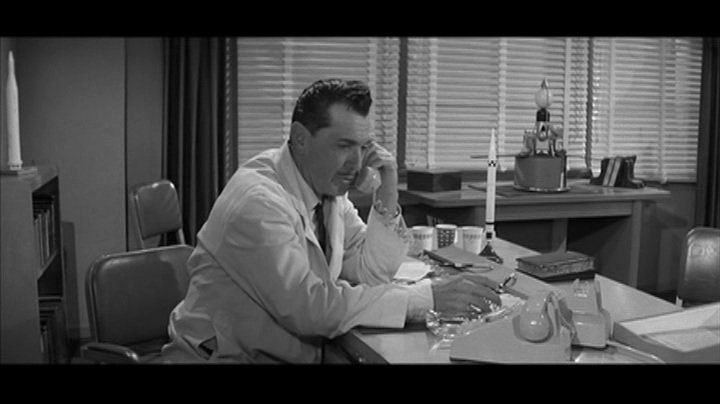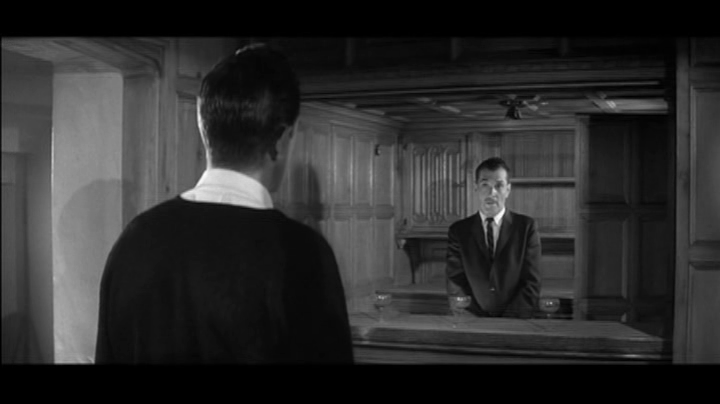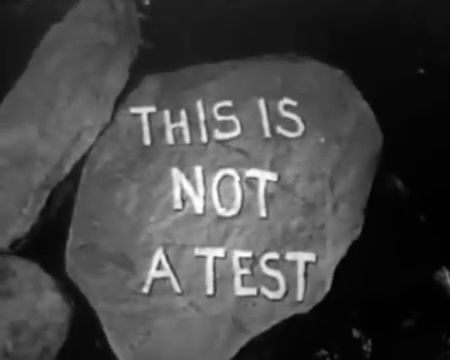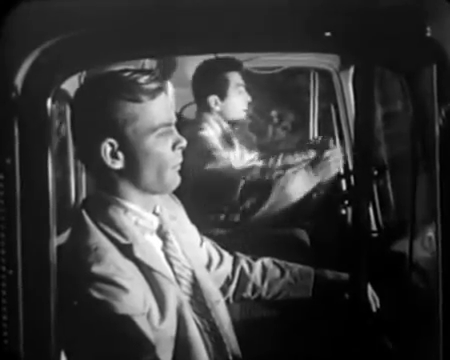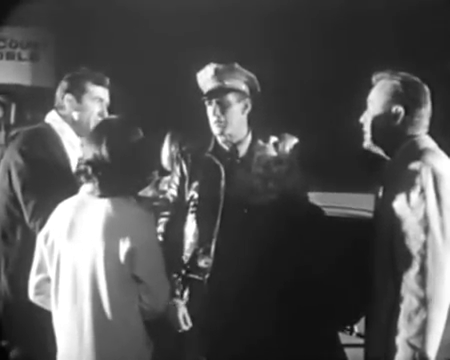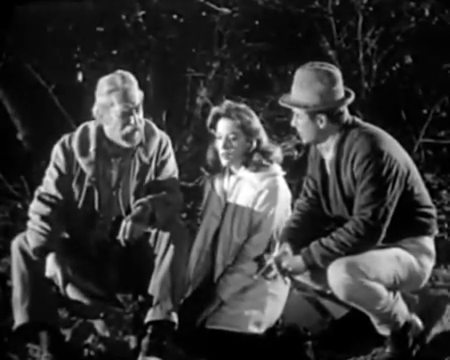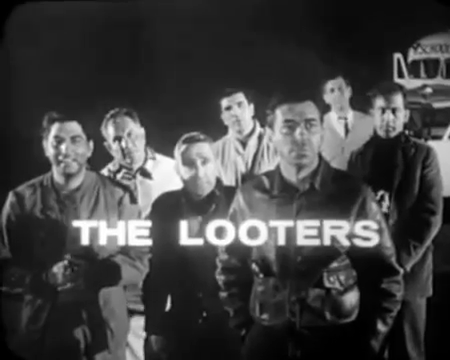
by Lorelei Marcus
Love. The fluttering of butterflies, entire acceptance of another, passionate desire, comradery, compassion, a word. Love is used so often and means so much that it's practically a cliché. I hear it applied to numerous names on the radio, such as "Johnny," "Wendy," and "my darling in Michigan." Nearly every man on television has a woman to love or fall in love with. And perhaps the most visible example at the moment is the squealing masses of girls my age who claim to be in love with the Beatles. I once, foolishly, saw myself above it all. Sure I like to date, and I love my parents, but those gooey feelings that seem to saturate every cranny of our culture were beyond me and my maturity.
That is, until America's most charming actor came along.
This is how I fell hard for handsome, clever, talented teen idol of the century: Tony Randall.

My first real encounter with Tony Randall (one Password game I don't remember aside) was his starring role(s) in Seven Faces of Dr. Lao. The movie itself was whimsical and fun, but it was certainly Randall's acting that made it a memorable experience. He blends into each of his seven roles perfectly, to the point that I first believed they were played by different actors!
He's at his best though, when he is playing Dr. Lao; specifically when he drops the stereotypical façade of a foolish Chinese man and becomes the traveled scholar underneath. Suddenly he is standing straight and tall, almost regal in his confidence. His voice is deep and carrying, but his demeanor is kind, wise, and gentle. He speaks in a perfect and precise manner and his words discuss the magical secrets of the universe. I hadn't known it at the time, but despite all the makeup and effects, this role was one of the closest to Randall's true self.

At this point, I was awed by Randall's performance in the movie, but felt little beyond that. Dr. Lao was a few thousand years too old for my tastes, and I had yet to see the man behind him more clearly. Then my father's and my weekly Password viewing happened to feature a very special guest. I was quite excited, not necessarily because it was Tony Randall on Password, but simply because it was an actor that I recognized and admired. At least, that's how it started.
I was folding laundry while watching the TV, and I found my attention frequently drifting away from my linens and to the man on screen (no, not host Alan Ludden.) Randall was fascinating to watch. He always sat with perfect poise and spoke with wonderful rich tones. And he was absolutely erudite, forcing me to pull out a dictionary a few times. His brilliance aided in his gameplaying as well, as I believe he is the only player in Password history so far to win four games in a row!

It was an experience. The feelings crept up on me and changed. I admitted later that night to my father that I may have had the teensiest tiniest insignificant little crush on Tony Randall. After a bout of laughter and teasing, suddenly our dining room table was covered in TV guides and movie schedules in a desperate search for a single starring name. This wasn't just a harmless crush anymore, but rather a crusade to expose myself to as much Tony Randall content as possible.
That's how the family ended up at the local theater watching one of the last viewings of Boys Night Out, a movie starring James Garner, Tony Randall, and a host of others. Three married men and one recently divorced make a plan to share a luxurious apartment where they can each escape from their lives at home with a beautiful girl for a night. Except the beautiful girl they find turns out to be a sociologist, so those nights don't go quite as expected. It was a cute film with hopeful messaging and a good ending. Not to mention how amazingly colorful the sets and costumes were.

Unfortunately the direction wasn't the best, making the movie a little boring in parts. It didn't help that Tony Randall was only in some of the scenes. Even when he was on screen he played a man meant to be weak, average, and unintelligent. Randall did a fantastic job portraying the character, down to the deliberate slouching, but it was infuriating to watch because he was playing the complete opposite of the man I wanted to see– himself! Sadly this would become a trend…
Next we found a drive-in playing a double feature revival night of Barbara Eden movies. Funny enough both films also happened to star Tony Randall. First we watched The Brass Bottle, your typical genie story. Randall plays a young up and coming architect (a role better suited for literally any other male actor in Hollywood) who accidentally frees a genie of near limitless power who now answers to his every whim. Of course the genie is a few thousand years out of date, so how he executes those orders varies from inconvenient to disastrous for Randall's character.
Overall the movie was terrible, even with Randall's superb acting (once again wasted on a slouching, sputtering fool.) The one good scene is when Randall gets to interact with the mule and has to ad lib. for part of it. Randall also executes quite a few fantastic girly screams. That's it though; otherwise it's a one star movie.

The second movie carried a little more promise: Will Success Ruin Rock Hunter? was Randall's breakout role into cinema, after all. Randall plays a young up-and-coming marketing executive – I'm noticing a pattern here – who accidentally seduces a movie star and is turned into the world's best lover overnight, causing chaos to ensue in his life. The movie had too much it wanted to do. It took time in the introduction and halfway through for comedic bits poking fun at television and marketing. Its main plot sacrificed character development for ridiculous slapstick that wasn't particularly funny, and ultimately the ending was thrown out too, to fit in a speech about the moral. Despite all these flaws, it was still a better movie than Brass Bottle. It was clever in a few parts, and watching Tony Randall be mobbed by teenage girls was hilarious.

Both films are a testament to Randall's acting skills. He takes these roles of such generic characters and plays them to a T. This means aside from some very brief moments where the mask slips, I don't actually get to watch the actor that I know and like. For instance, I know that Tony Randall started in stage productions and is a professionally trained dancer. Yet twice in Rock Hunter he is forced to dance poorly, going against all his instincts and training, and he succeeds (at dancing poorly)!
Randall has so much potential as an actor, and yet no one can seem to cast him in anything but comedic romps (excluding the unusual case of Dr. Lao)! It makes me wary of the new Fluffy movie that's just come out. Especially considering Randall himself had an unpleasant time filming with the lion. I will still see it of course – I have a duty to uphold – but I've found that Randall's name in the credits doesn't guarantee I'll enjoy a film he's in.

On the bright side, television has been kinder (both to him and me) than the movies. I got to see Randall on What's My Line? last week and he was as composed and well spoken as ever. I hear he'll also be on Password again in the next few weeks, so have something to look forward to.
I also hope to see him in one of his stage shows. With all the character and energy he brings to each role on the screen, I bet he really shines under the spotlight. Nevertheless, whatever he's in next, be it on film, video, kinescope, or (if I'm lucky) on a stage, I'll be there to watch it.
Because I have a big old crush on Tony Randall.
This is the Young traveler, signing off.

If you want to see more of the Young Traveler, come register for this week's The Journey Show!
We'll be discussing the latest fashion trends of 1965, and we have some amazing guests including the founder of Bésame Cosmetics. Plus, you'll get to see the Young Traveler show off her newest outfits!


![[July 10, 1965] "Since I fell for you" (a Young Traveler's crush)](https://galacticjourney.org/wp-content/uploads/2020/07/650710randall-480x372.jpg)

![[June 14, 1965] Our Best Man (the Young Traveler's favorite secret agent)](https://galacticjourney.org/wp-content/uploads/2020/06/650614title2-672x372.jpg)



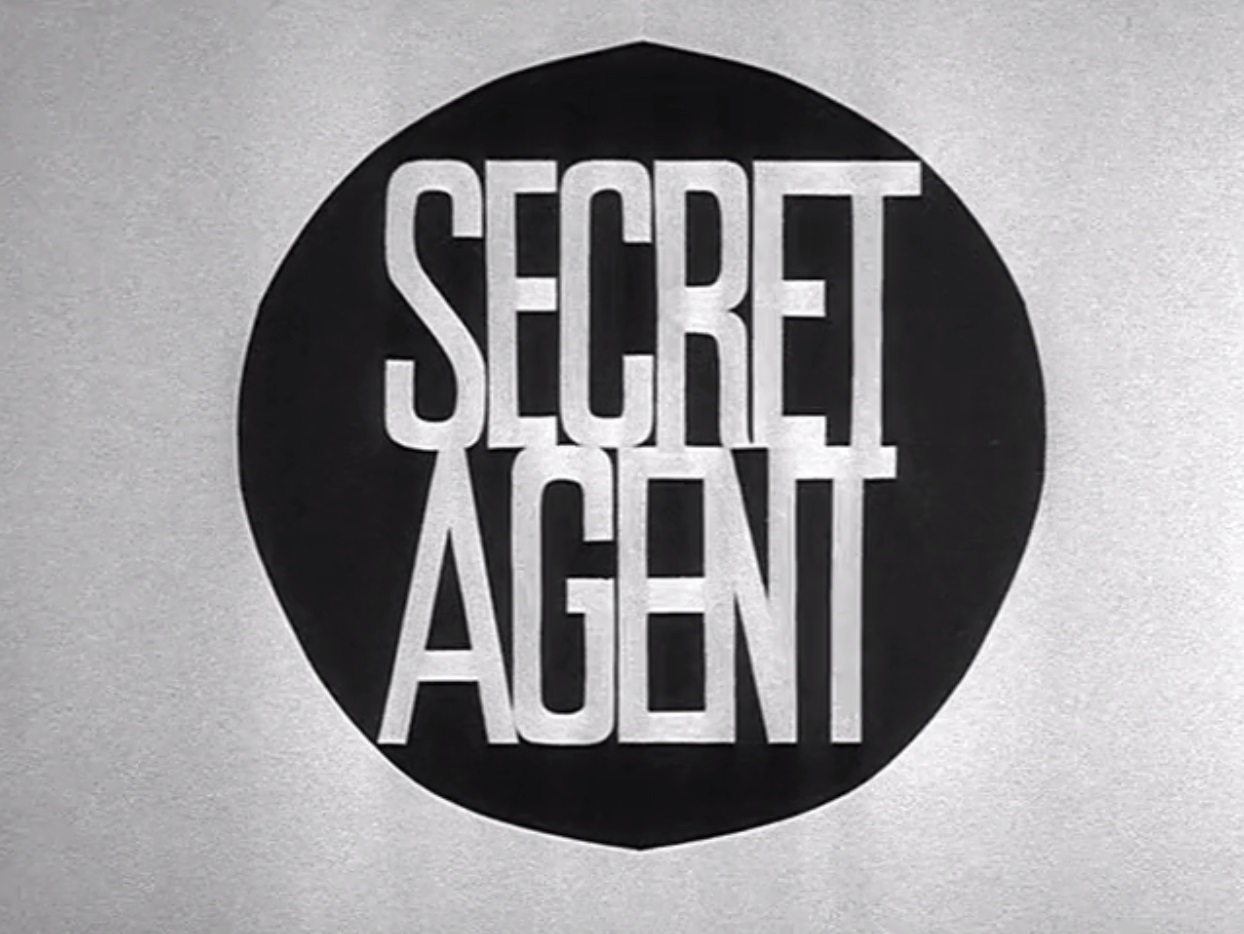
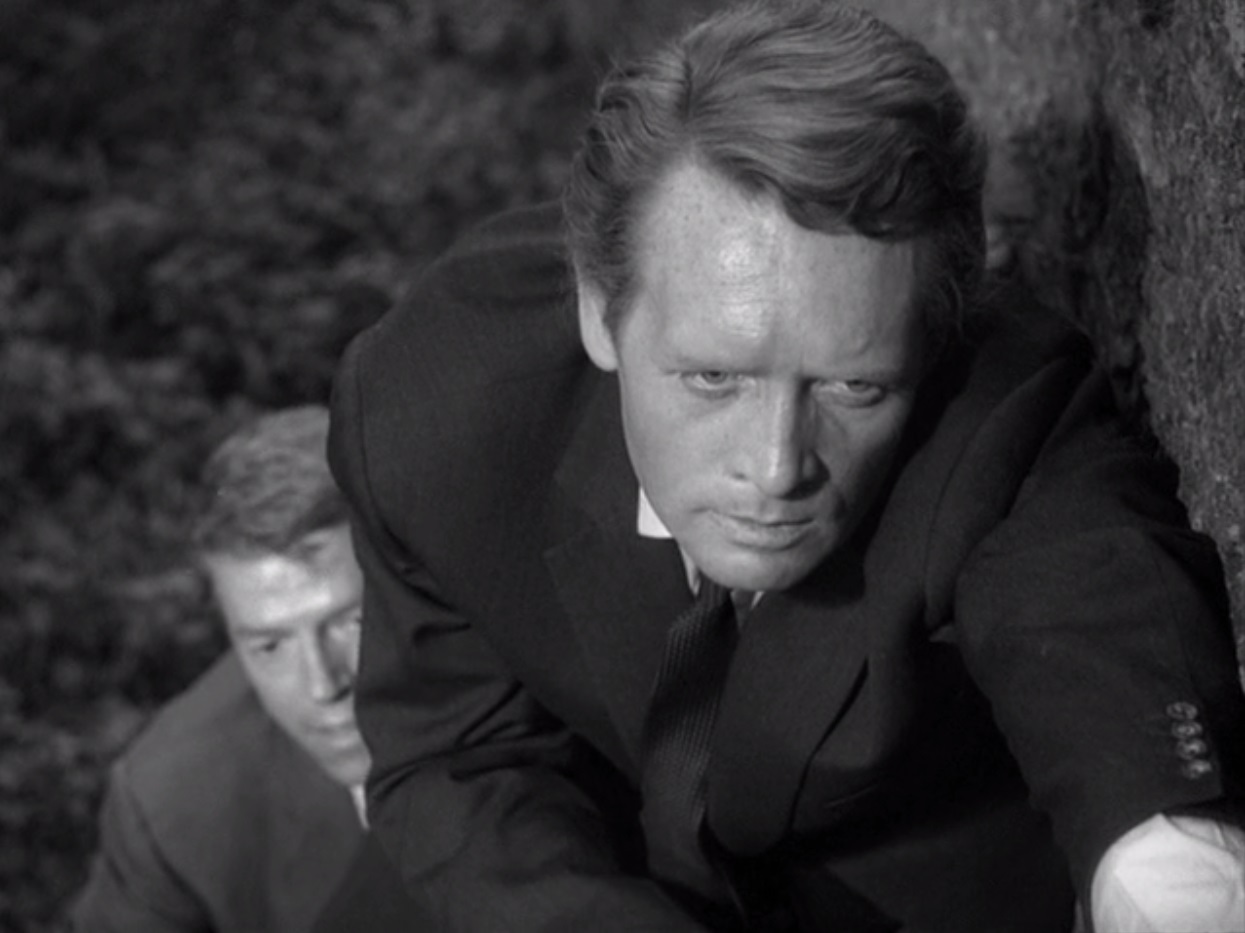


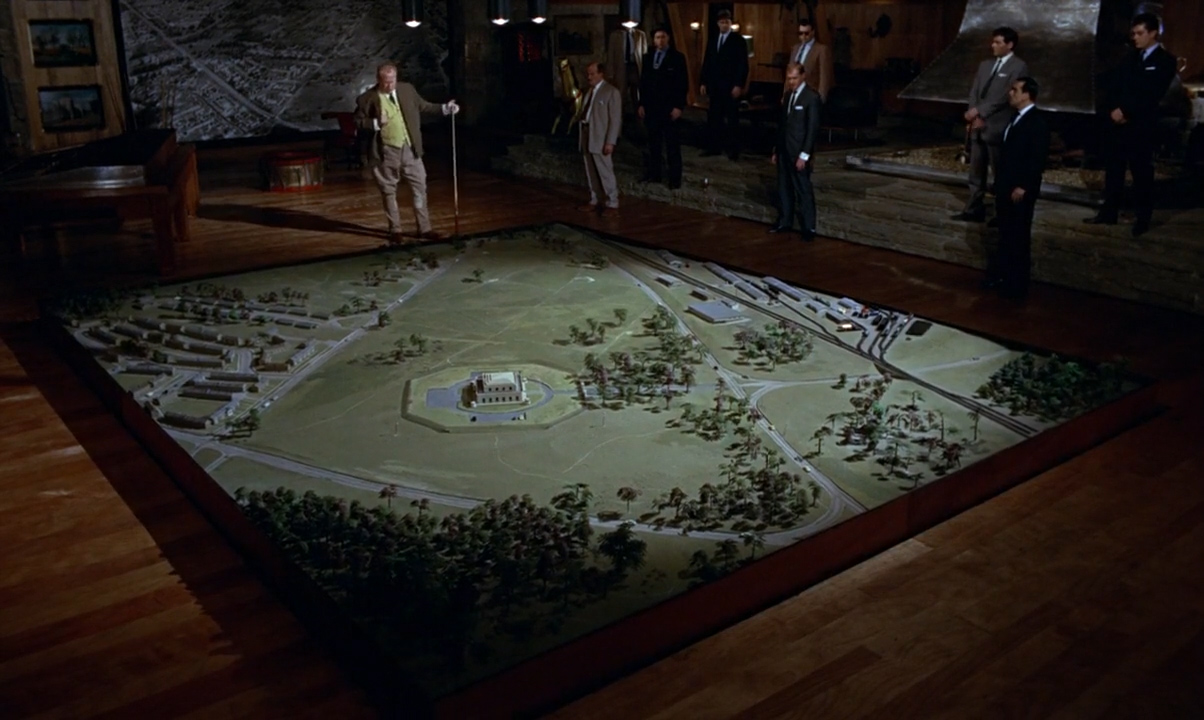



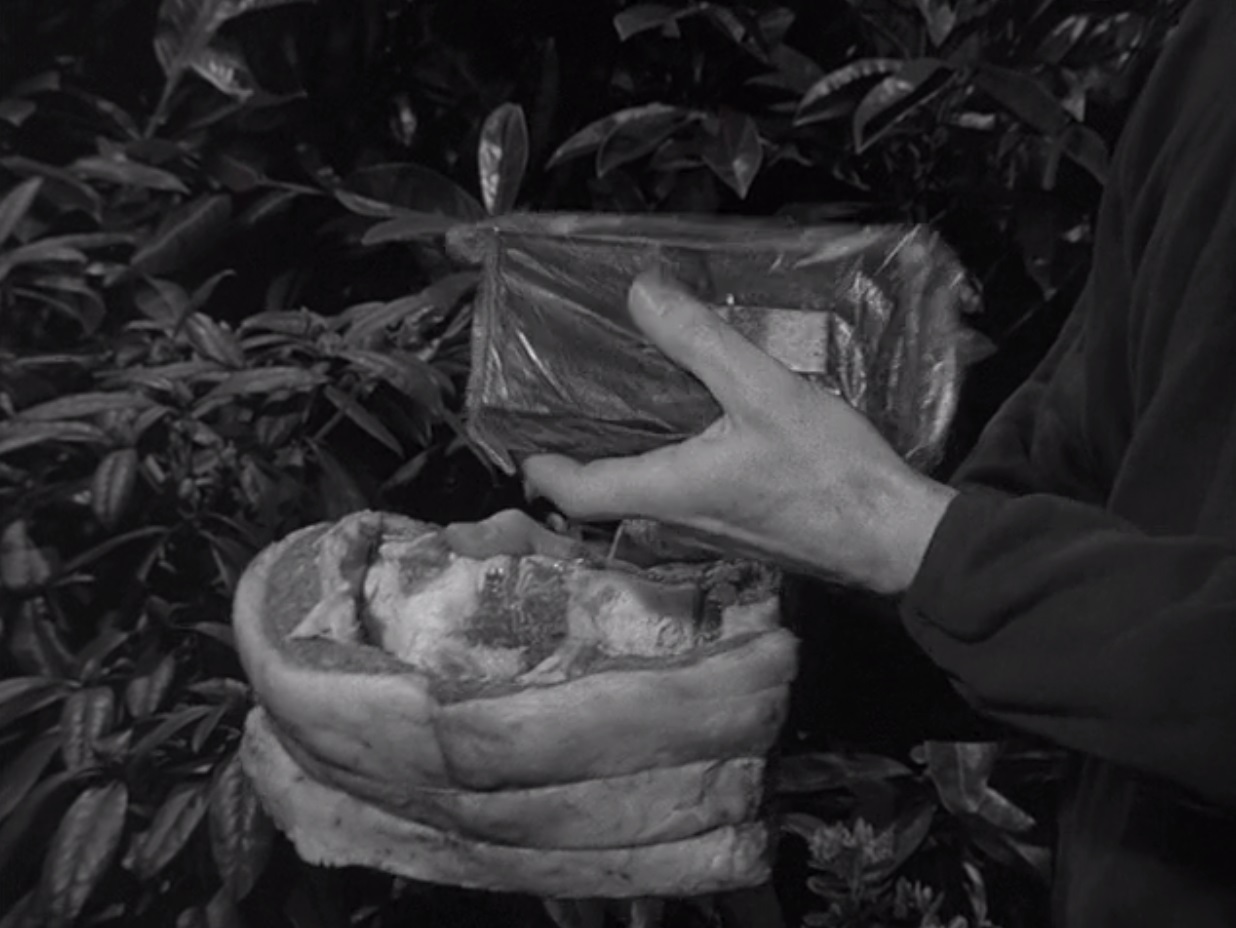
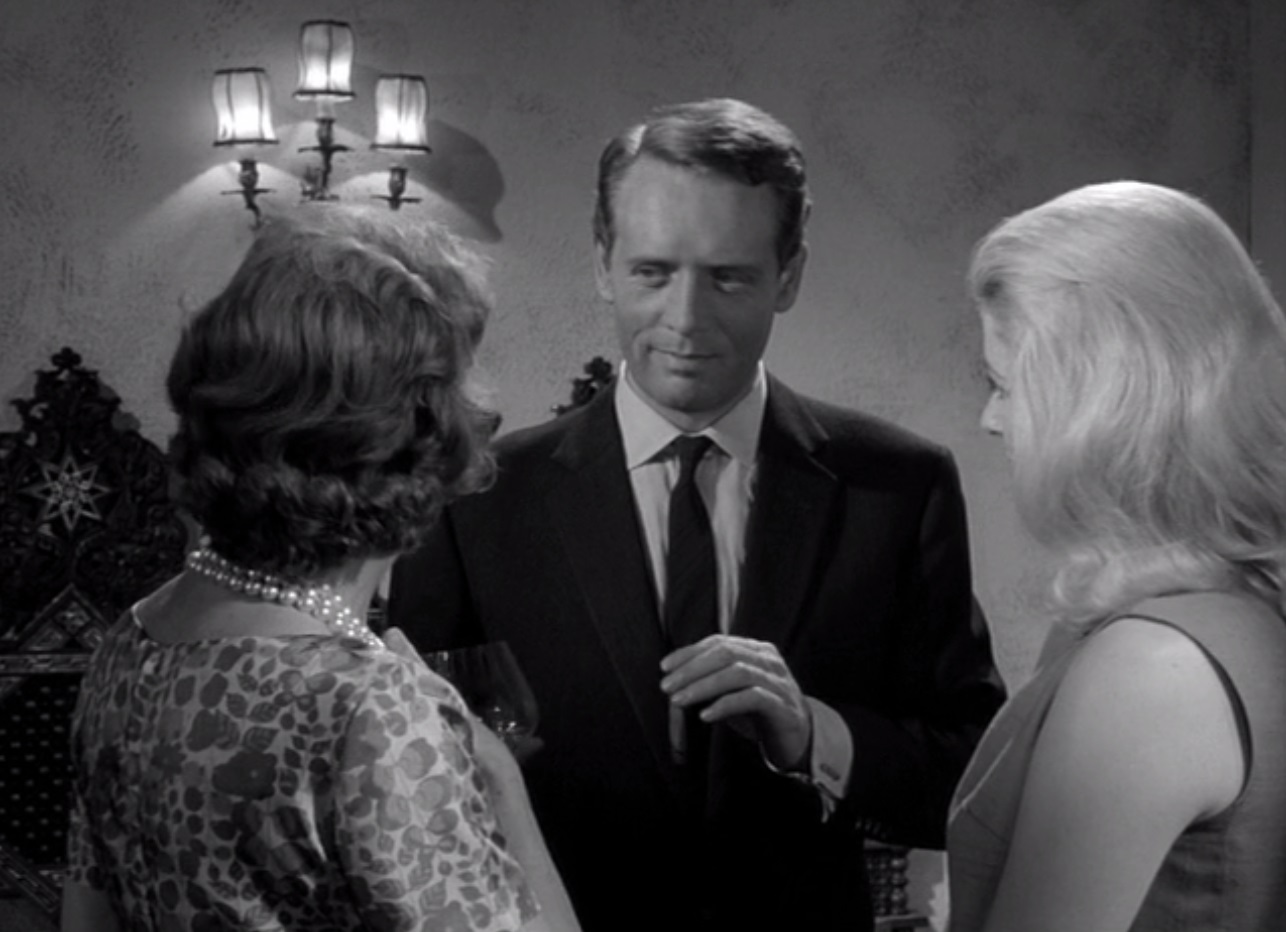
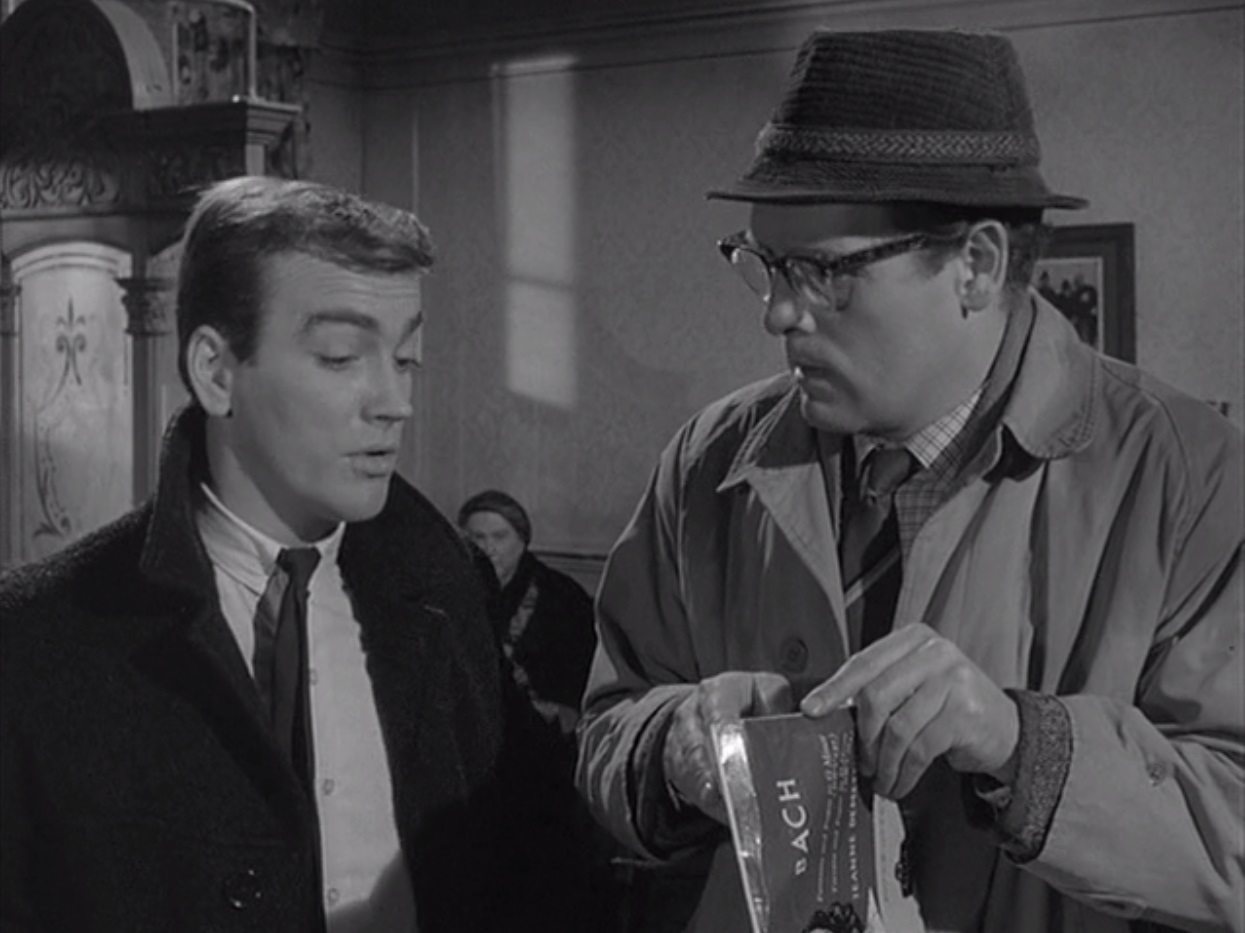
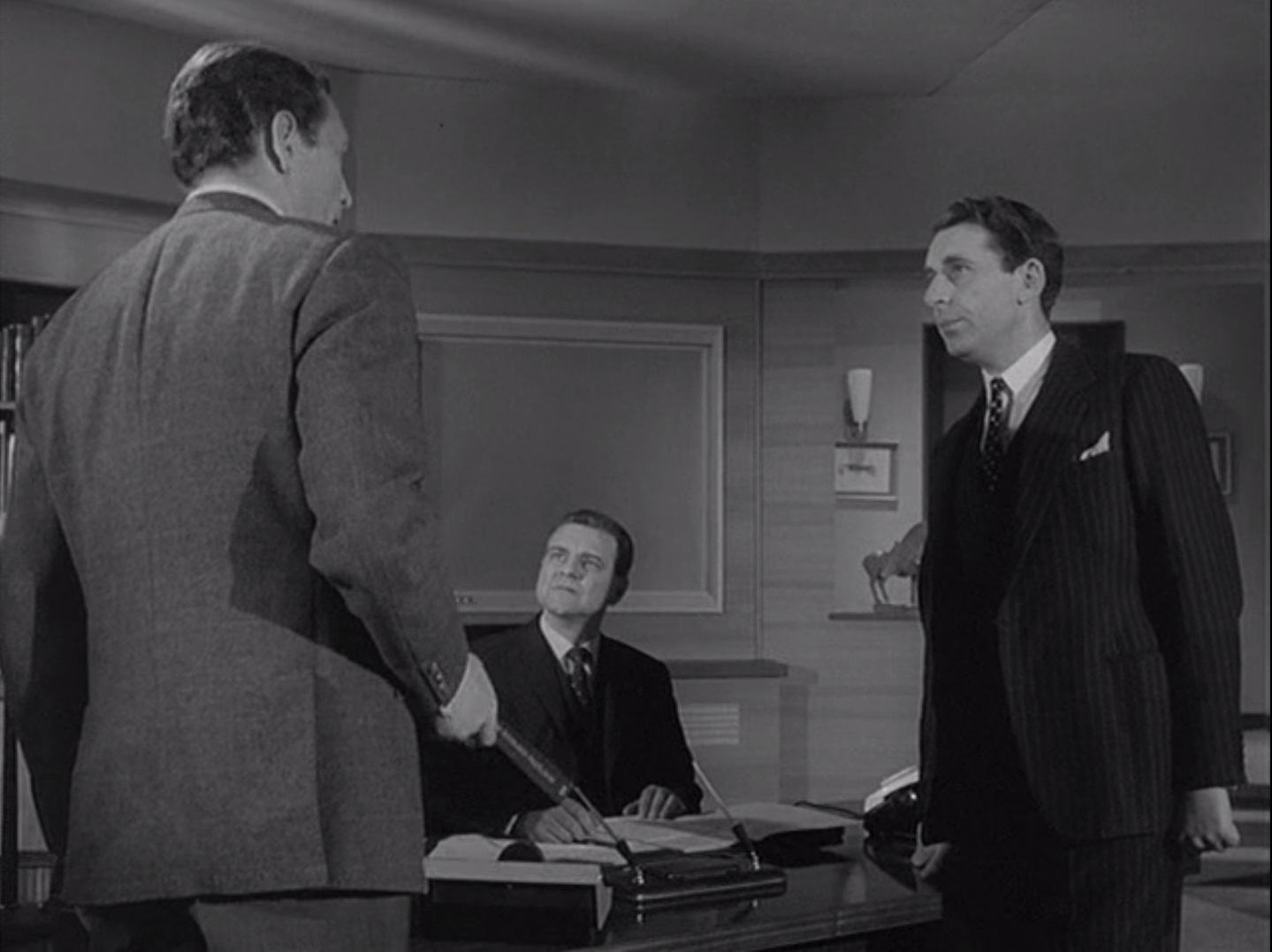
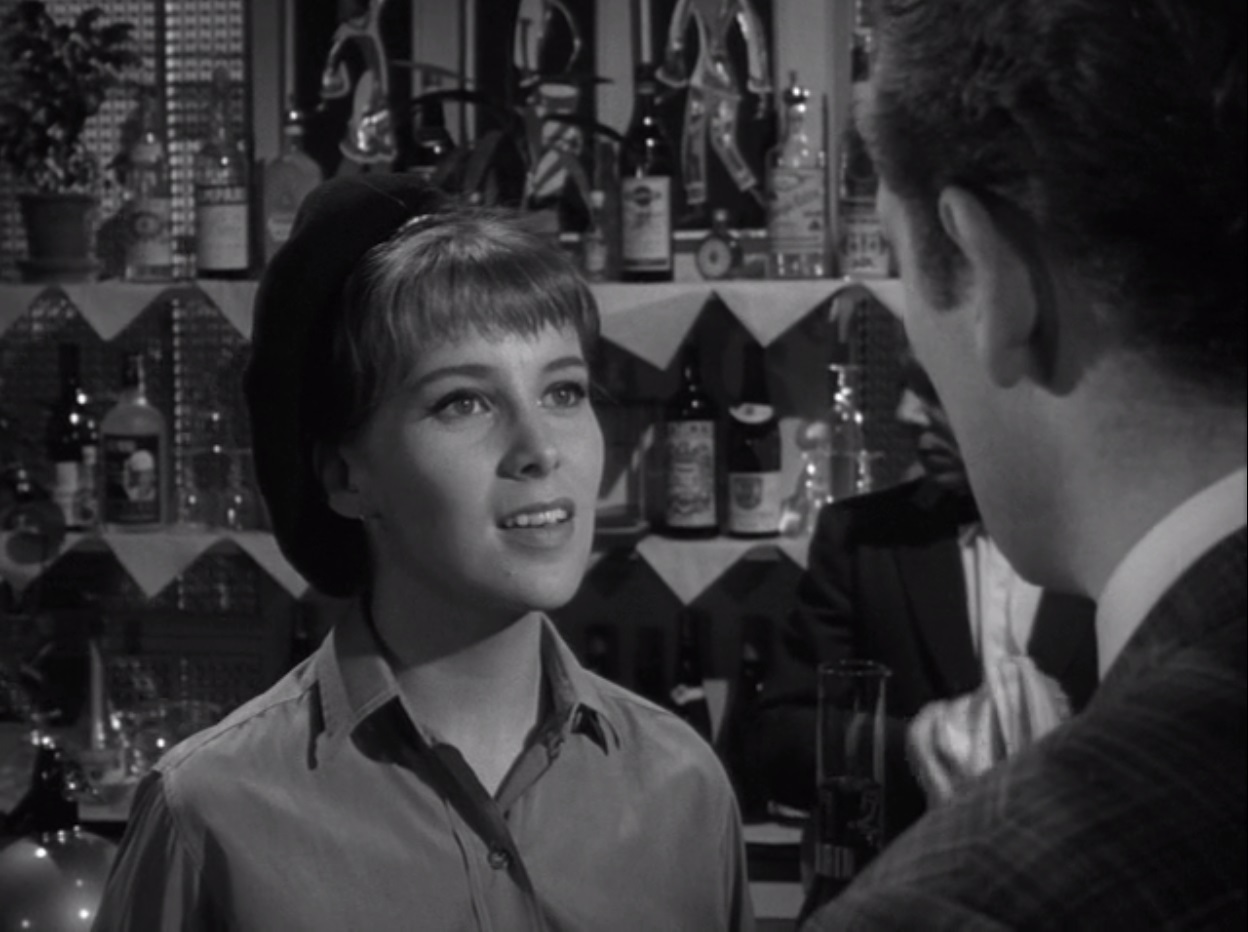
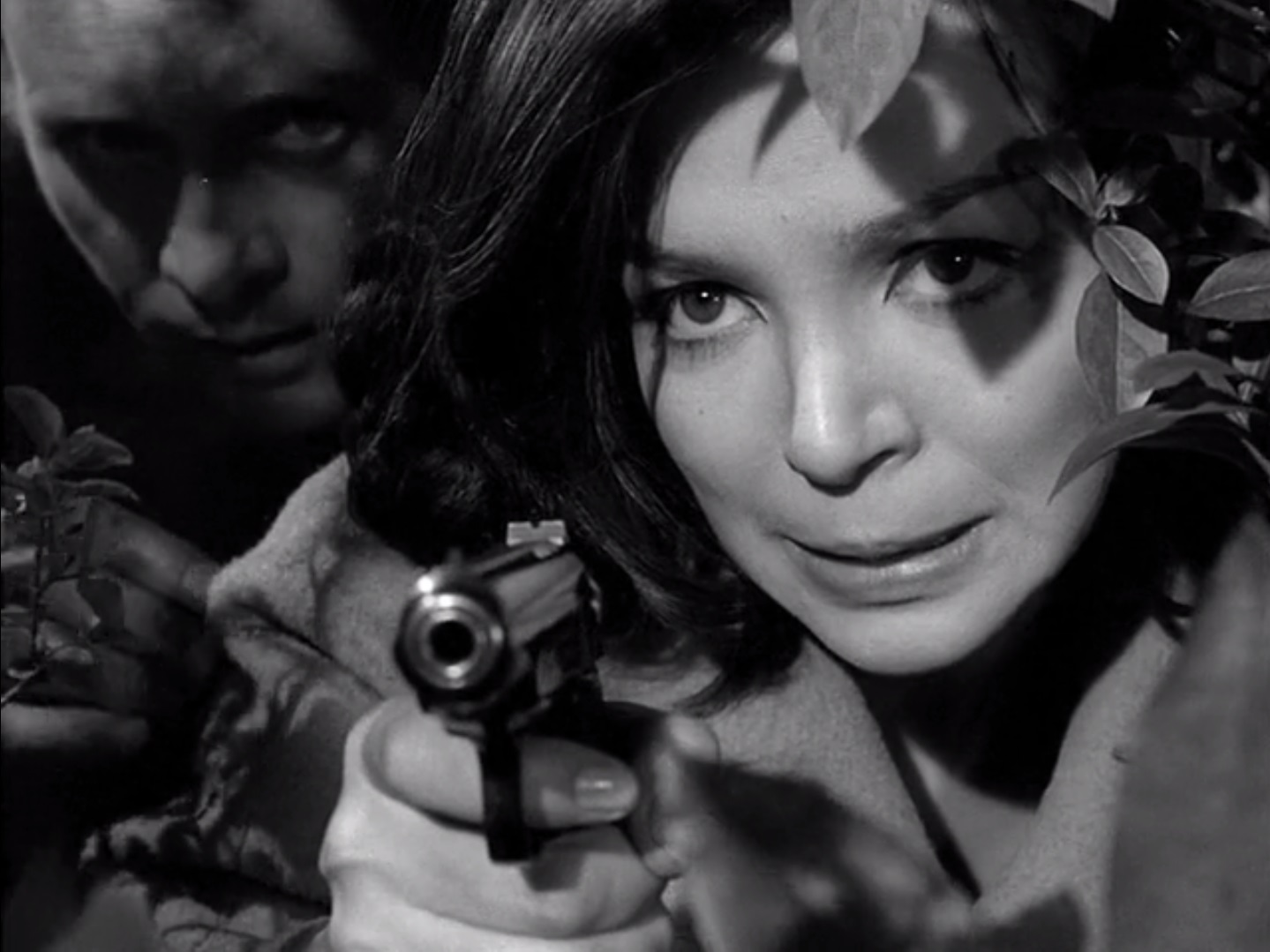
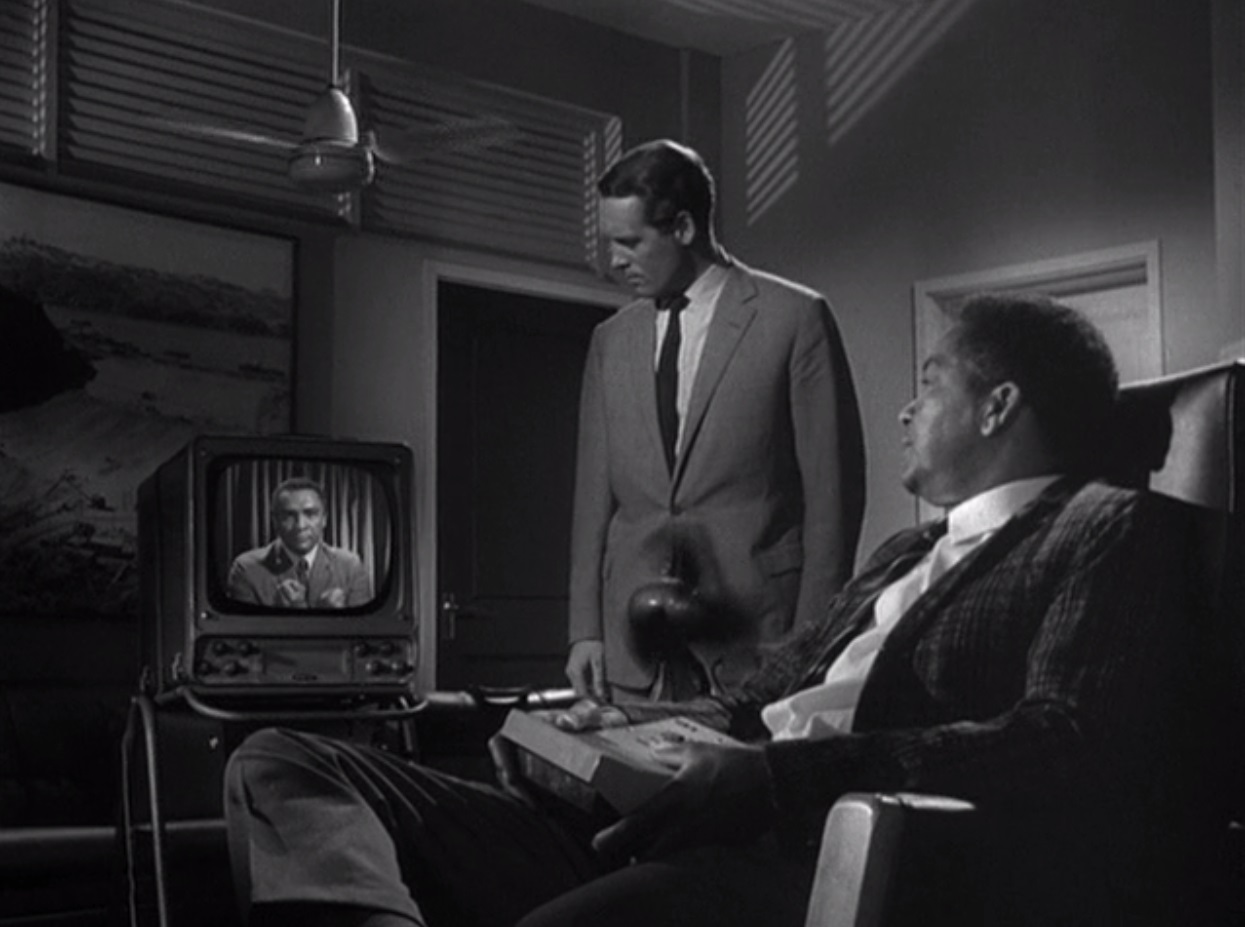

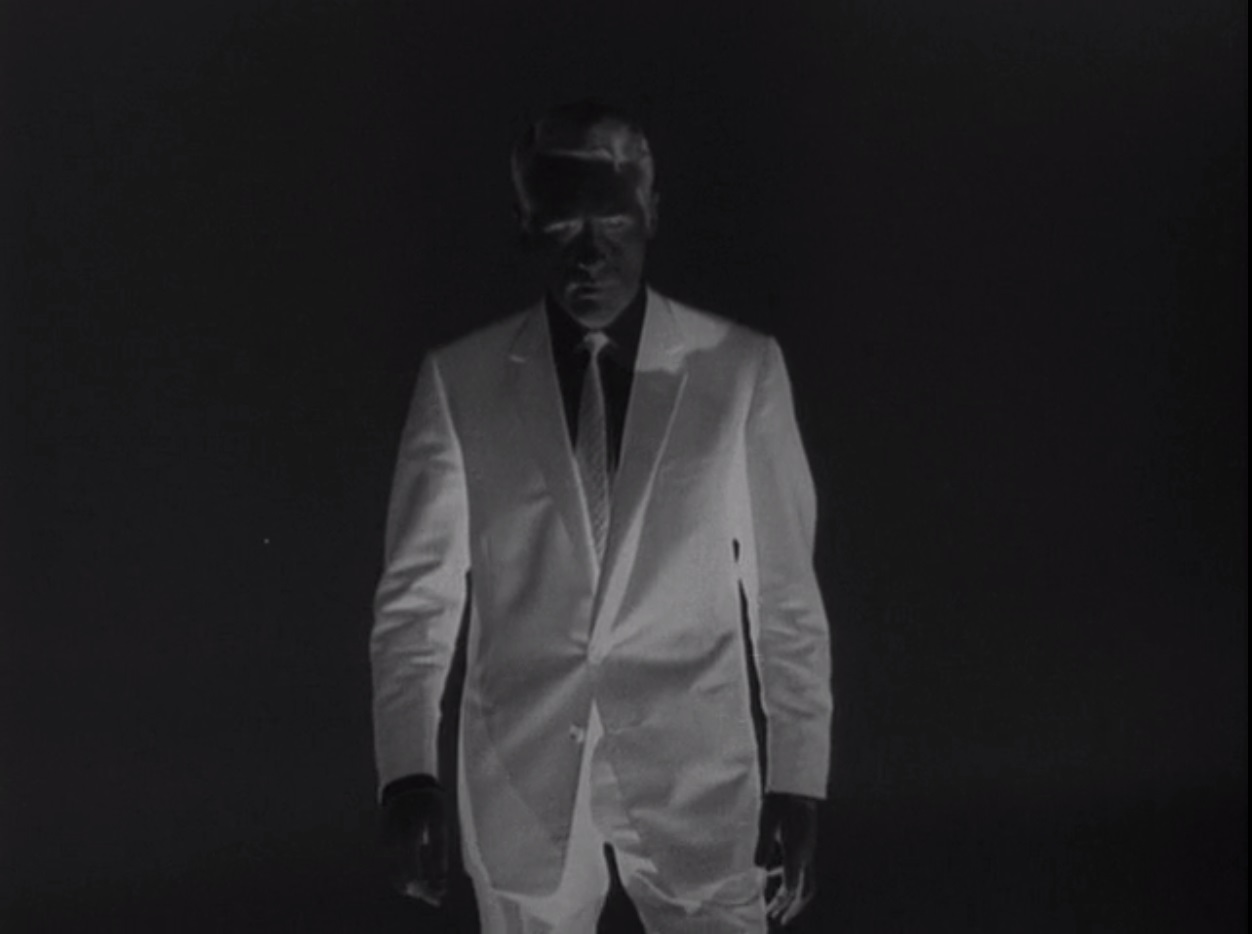
![[Aug. 7, 1964] Rematch! (<i>Mothra vs. Godzilla</i>)](https://galacticjourney.org/wp-content/uploads/2019/08/640807poster-597x372.png)
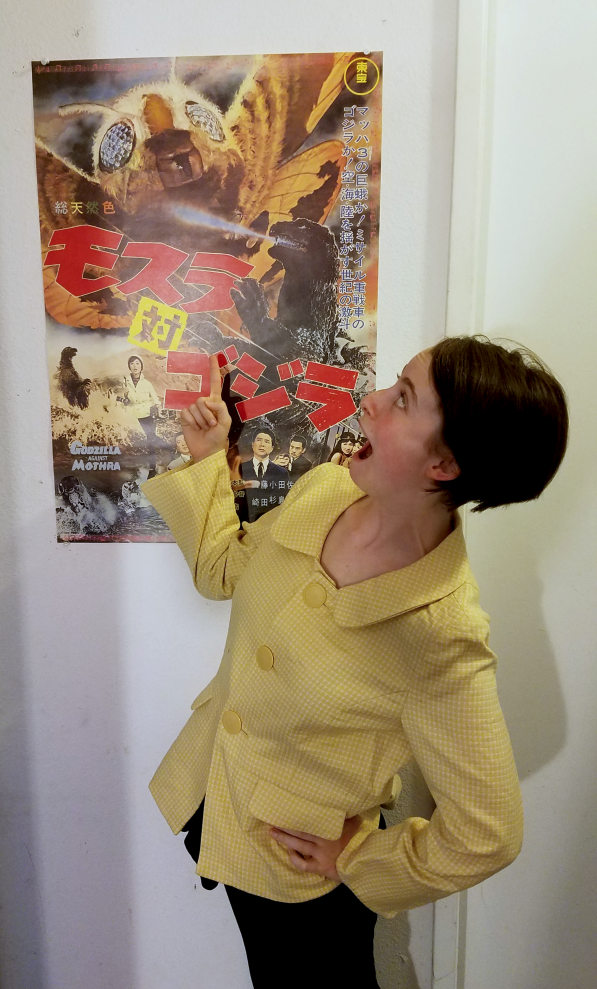
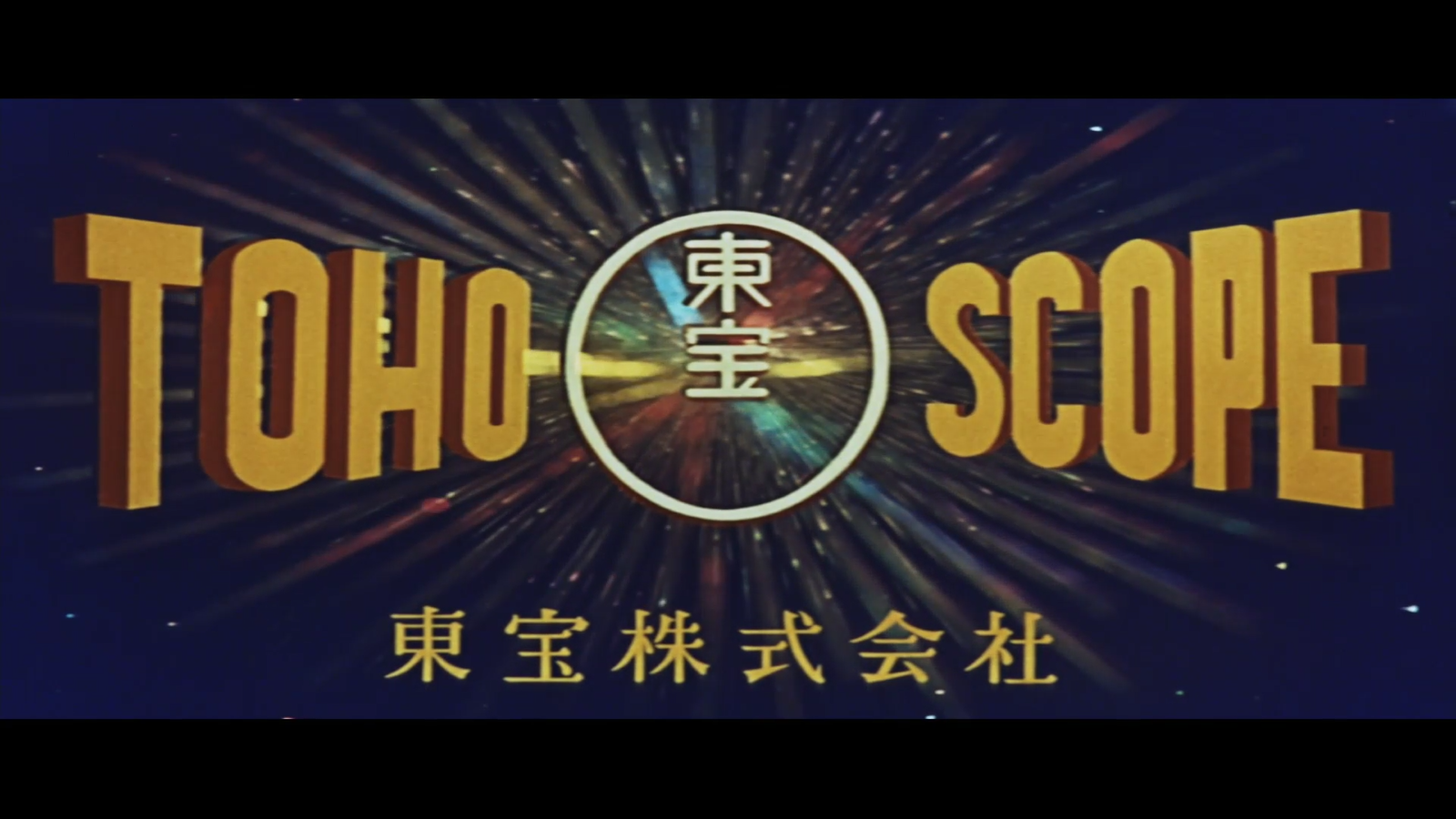
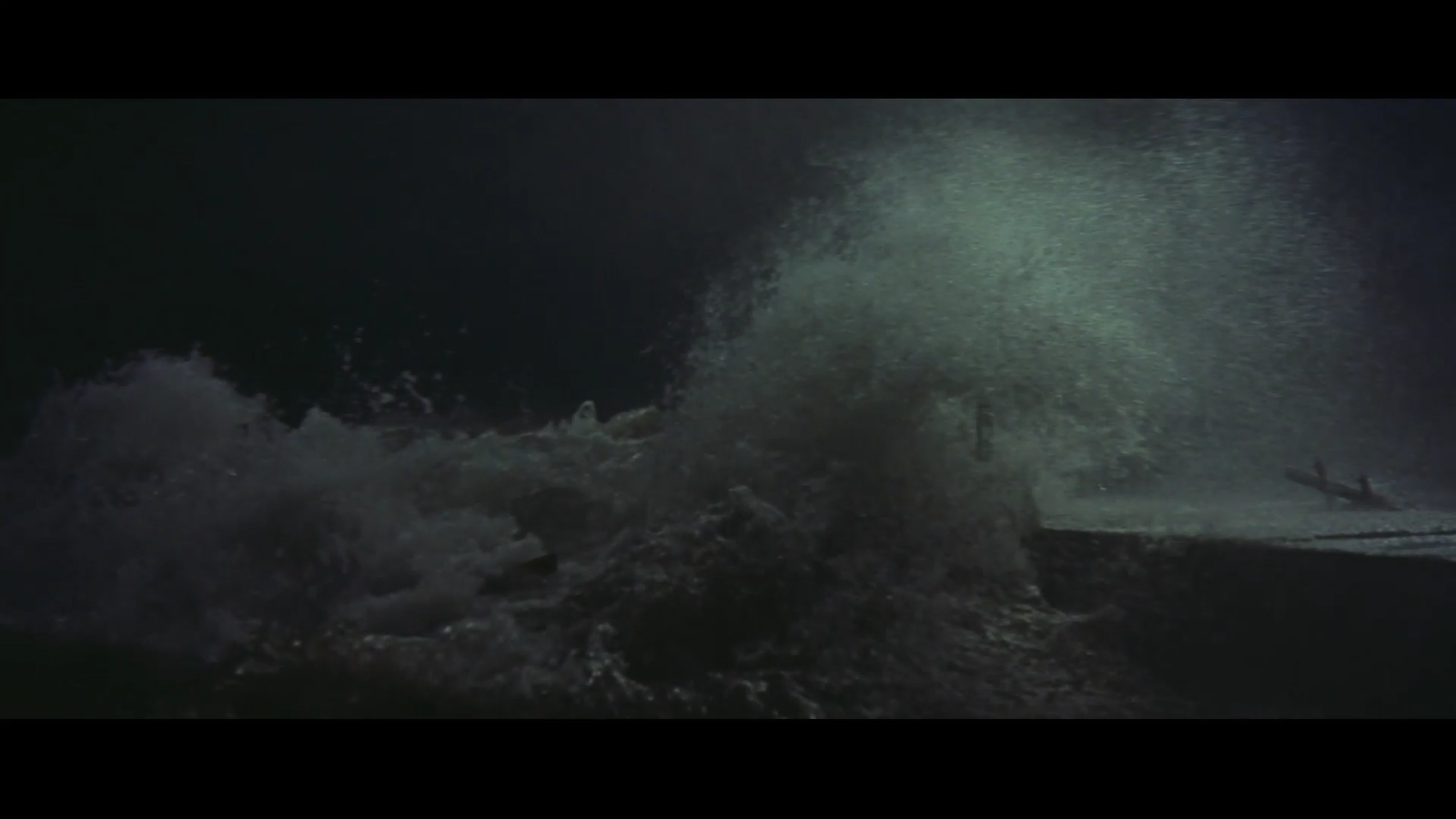
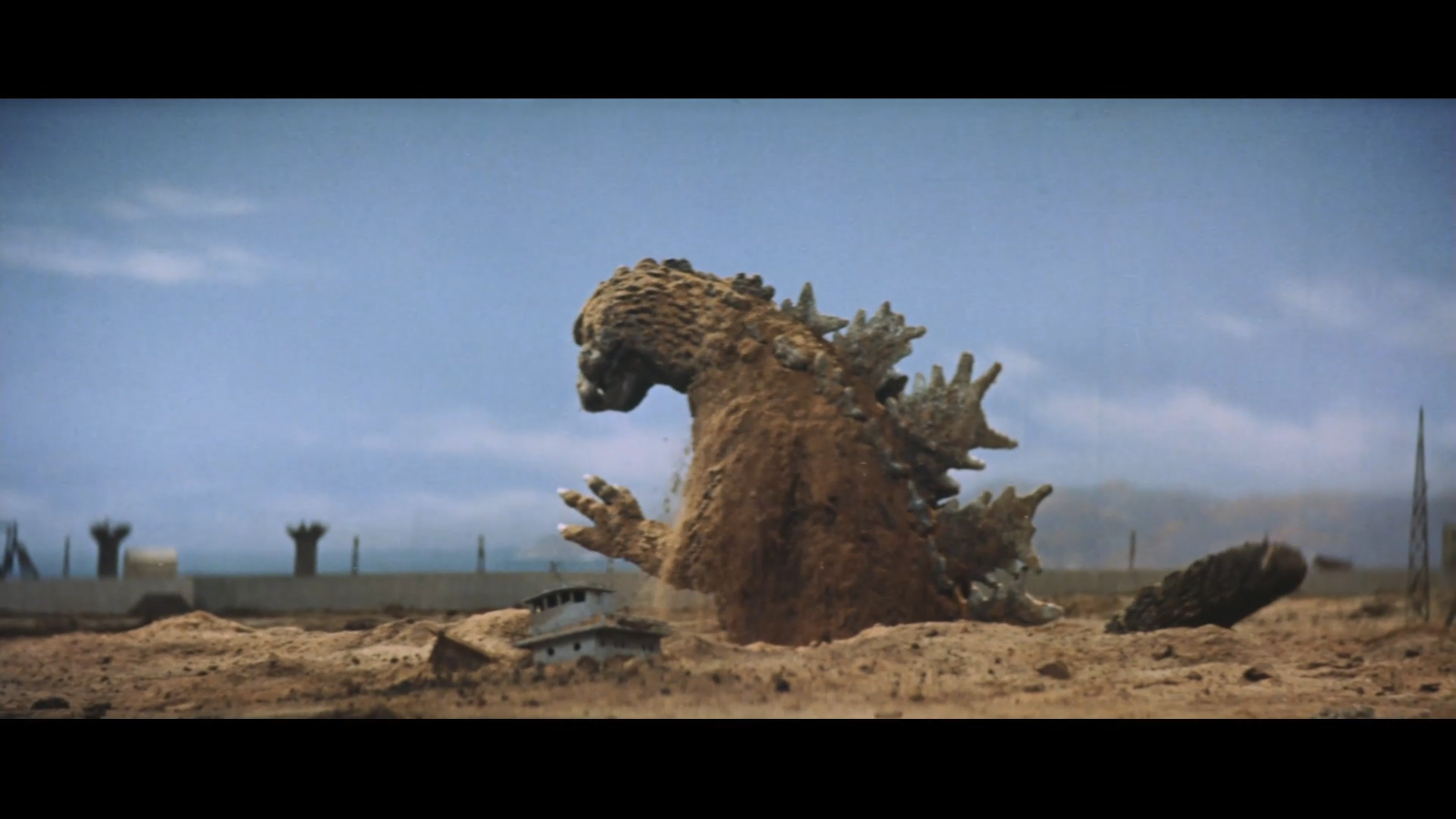
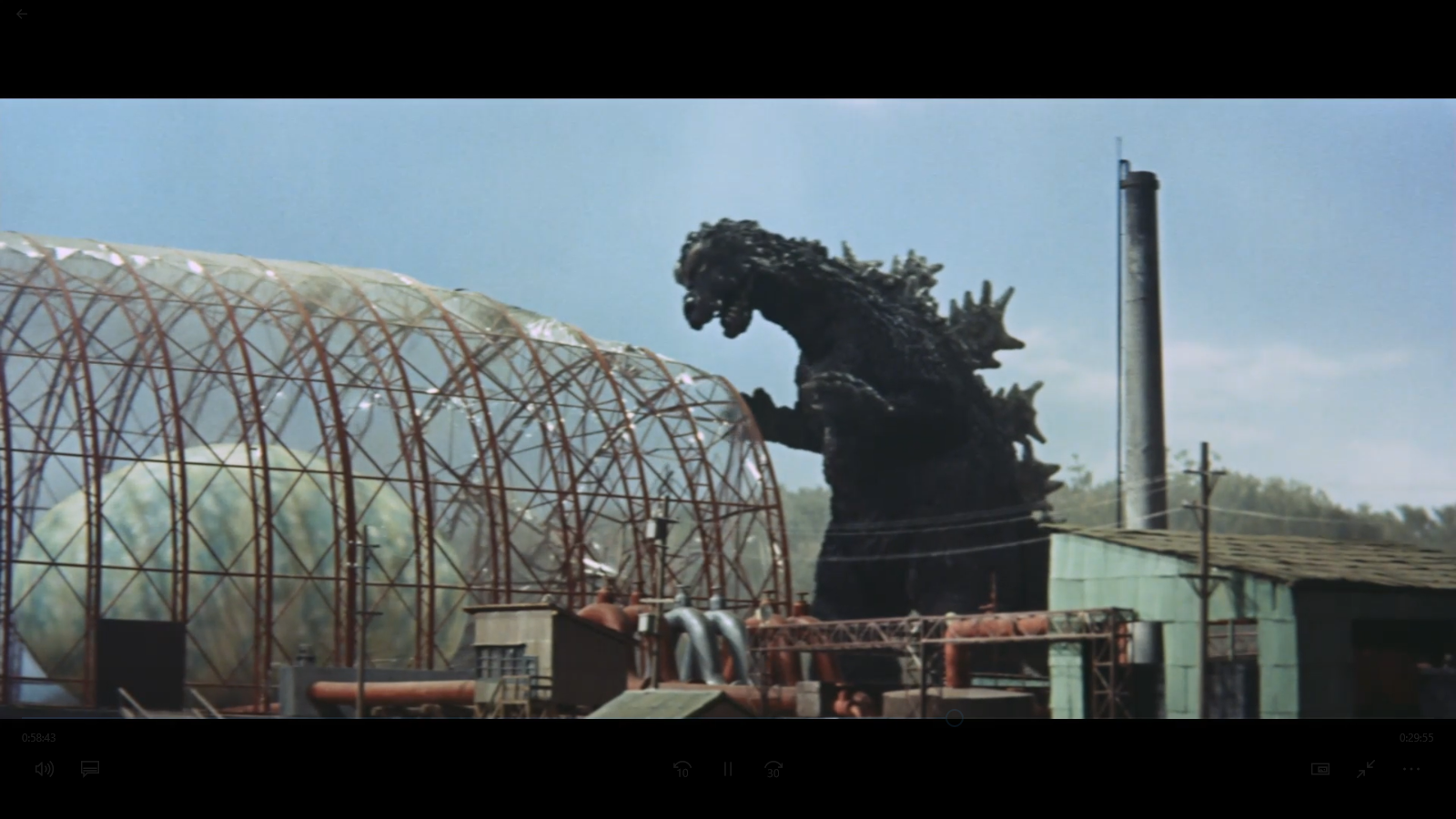
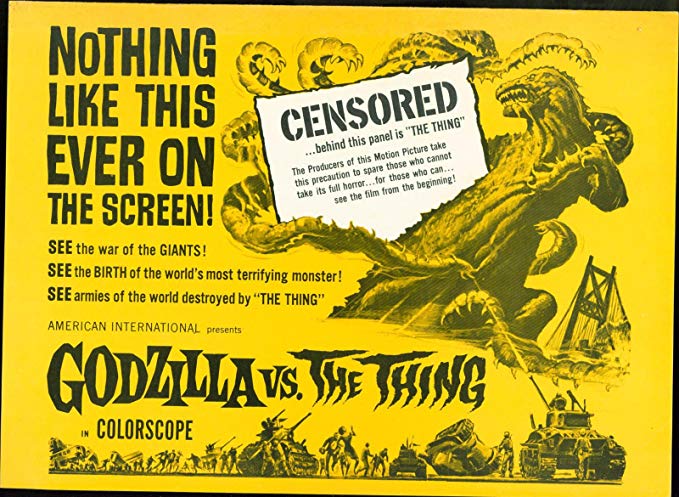
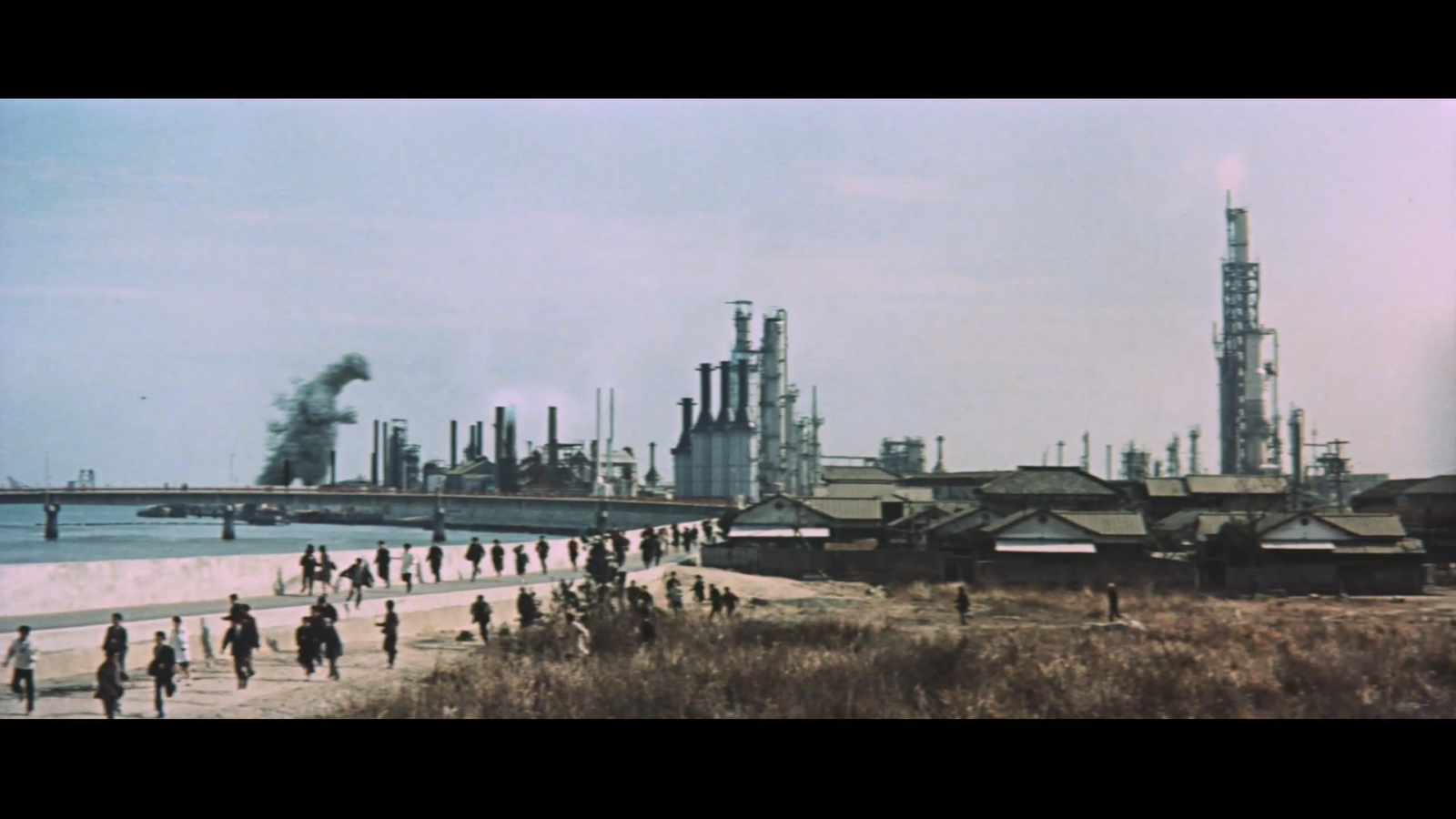
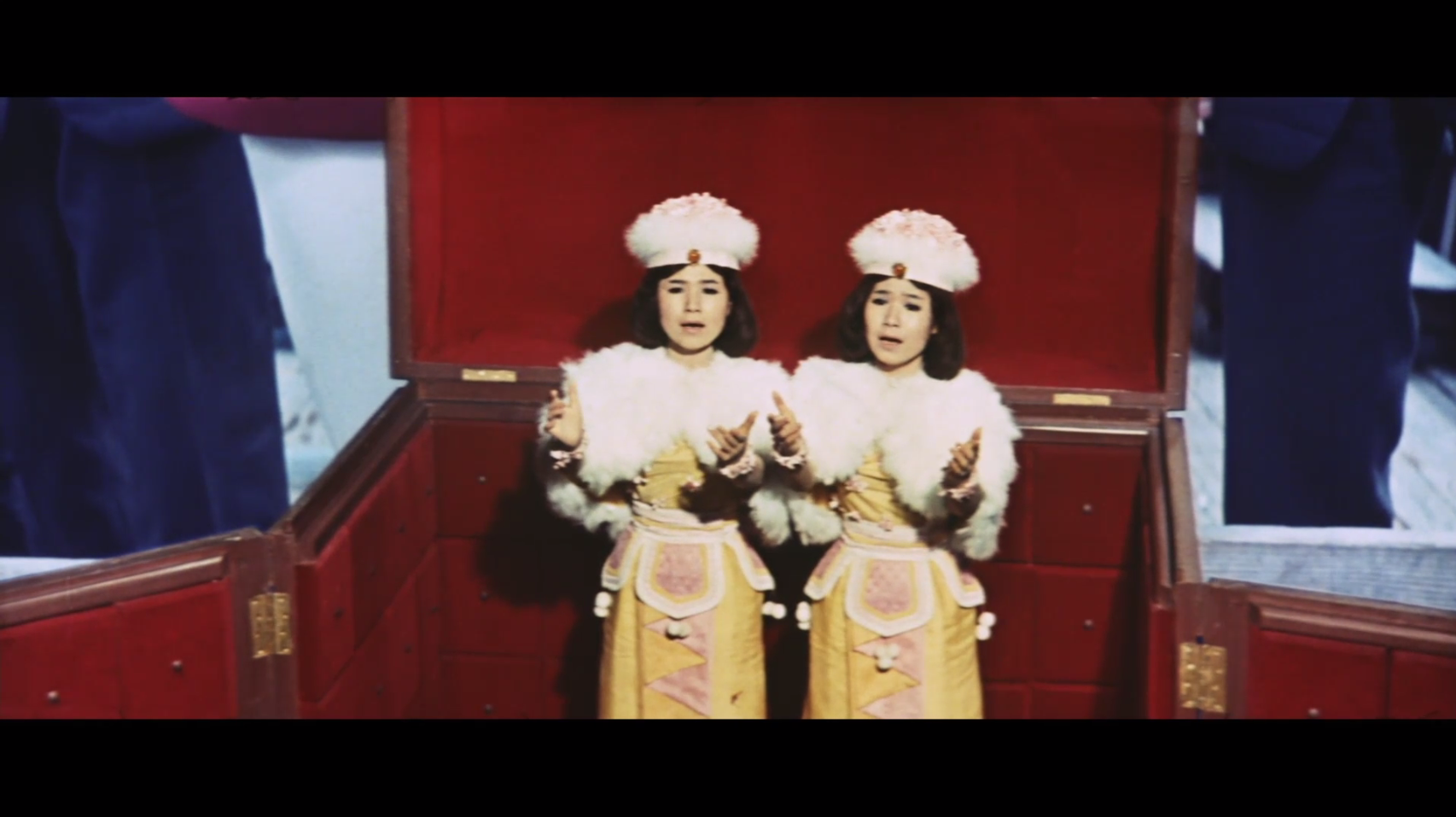
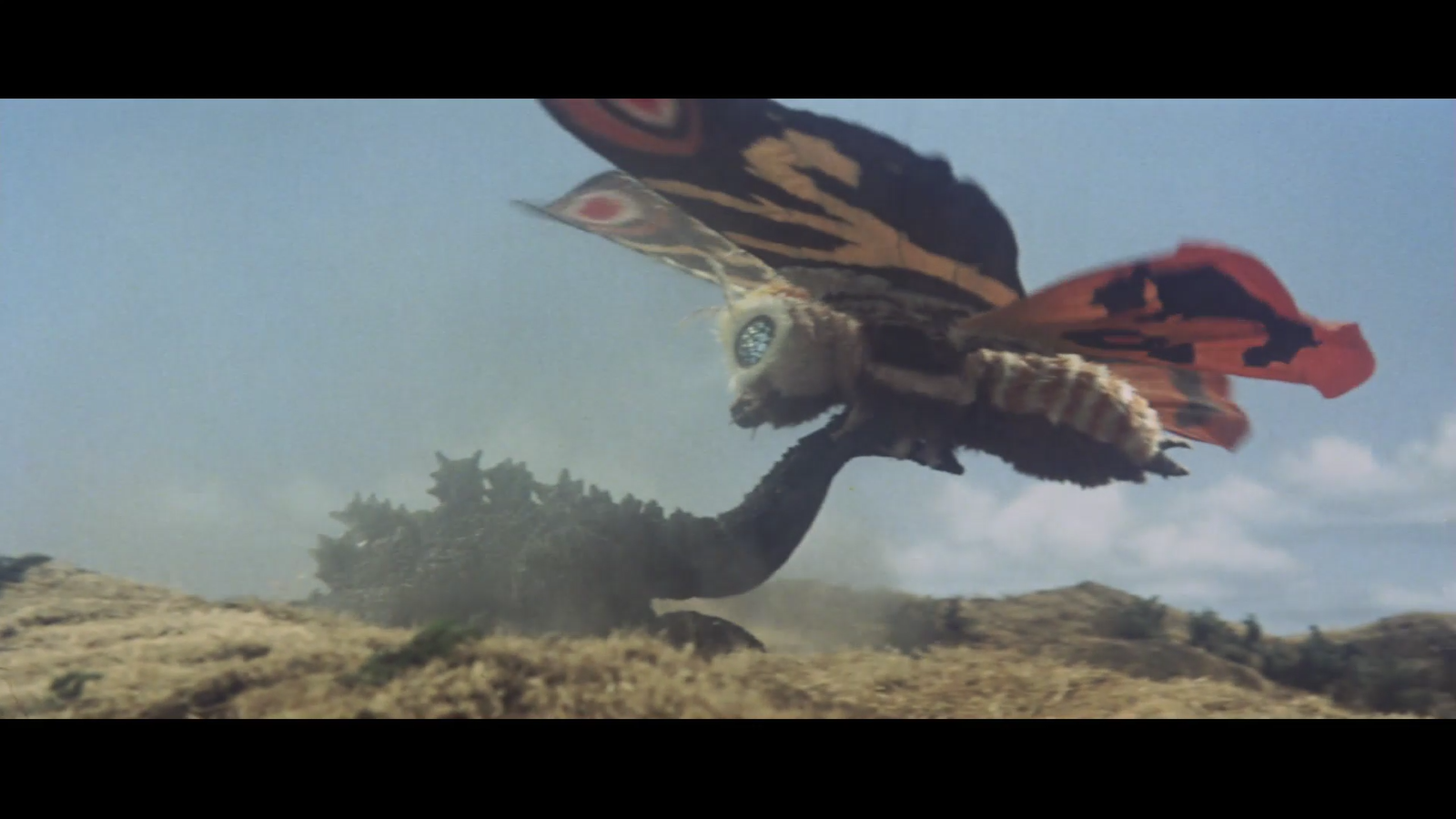
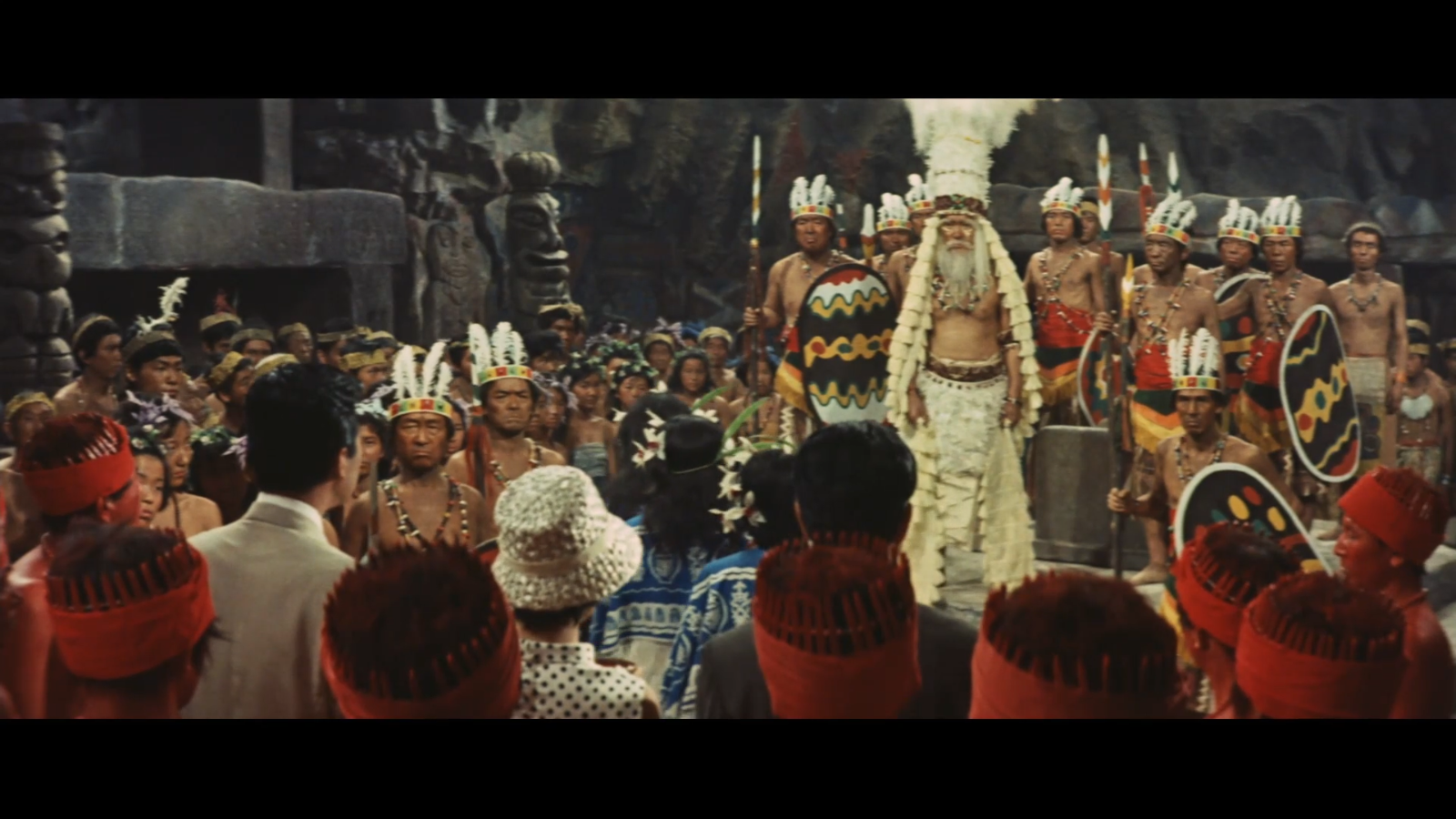
![[November 23, 1963 cont.] Give sorrow words](https://galacticjourney.org/wp-content/uploads/2018/11/631123grief2-672x372.jpg)


![[September 19, 1963] Out of Sight (<i>The Man with the X-Ray Eyes</i>)](https://galacticjourney.org/wp-content/uploads/2018/09/630919title.png)
